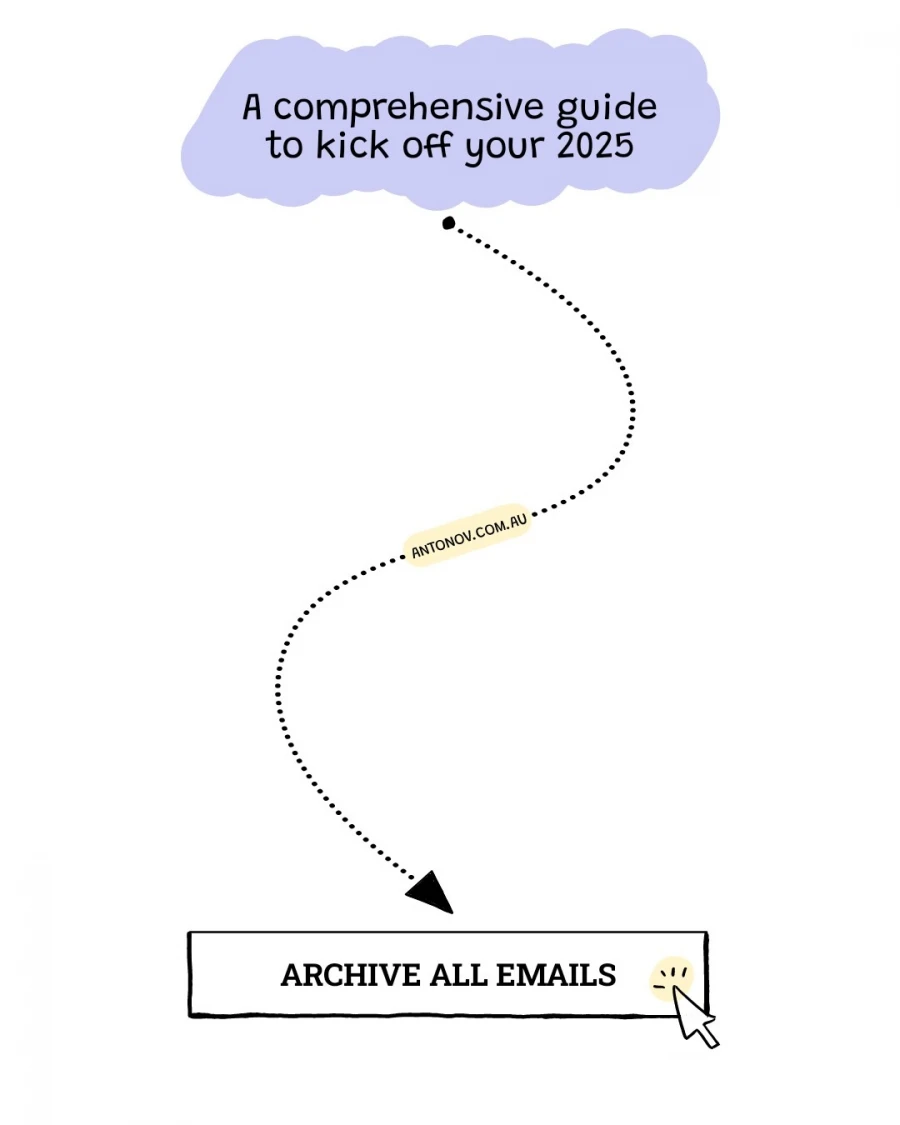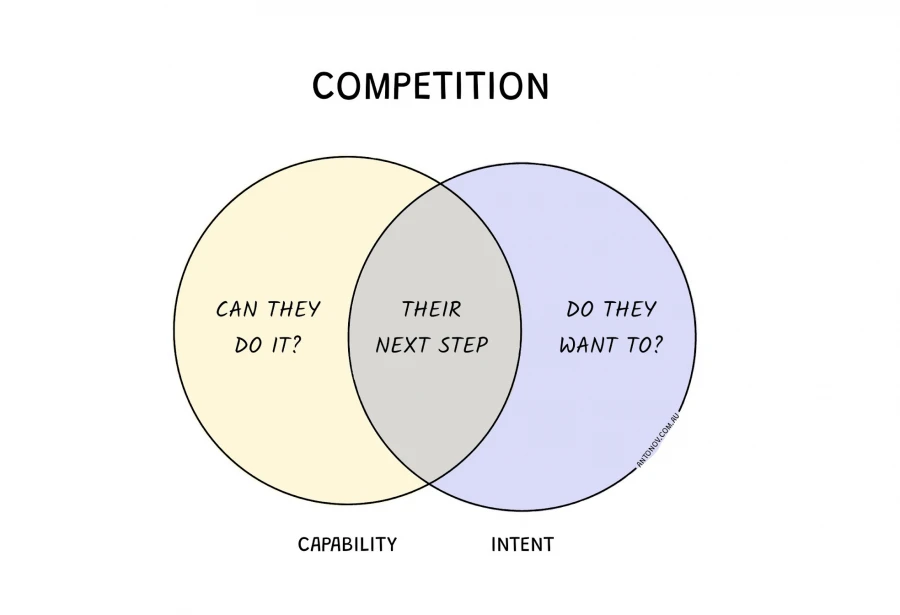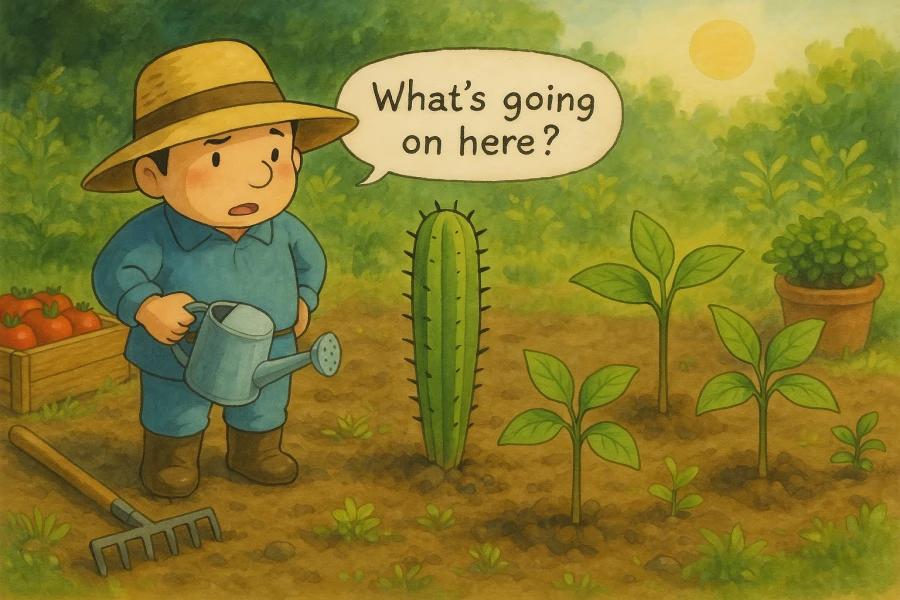I'm a father of three from Sydney, a Product Director and a Product Coach. I write about product management and run the Product Manager community.
Subscribe to receive digest emails (1 per month).
Info
Posts with Business tag.
-
You join a team meeting and just listen.
The team is in control - they cover the options, ask thoughtful questions and share feedback.
You watch them gelling, getting in the flow.
They are considering all the right angles: customer, business and tech.
The conversation moves naturally. They are calm and focused.
They don't even need you there and it feels amazing! -
Engineers love clarity. The most important problem defines the mission.
A disjointed list of tickets signals confusion, while a vague objective offers no direction. Great work emerges when the goal is clear, focused and free of jargon.
When the problem is precise, teams know exactly where to aim. -
Not every team needs a dedicated PM. Someone is already handling the PM work informally. It's not complex.
Eventually, though, clear ownership becomes unavoidable. Is an individual contributor juggling alignment, communication and strategy alongside their core work? Or is it time to delegate those responsibilities to someone focused entirely on them?
The decision shapes how the team prioritises and executes. -
Everyone talks about ‘hitting the ground running' after the Christmas break.
Let's be honest, no one feels like sprinting straight away at this time of the year.
Some are still catching up on sleep, recovering from all the desserts they've eaten, wrapping their heads around what day it is and trying not to fail one of their New Year's resolutions in the first week of the year.
Forcing yourself into work mode overnight is hard.
I'd rather ease into it. Spend the first day reconnecting with your team, archiving all the emails from last year and marking all Slack messages as read. Oh, that feels great.
By the second day, you're already feeling more in control.

-
A great product isn't just a checklist of requirements. It's built by understanding the customer's problem and why it actually matters.
Don't just follow instructions. Look deeper. Ask why. Question the logic.
The best solutions come from people who do a bit of detective work, not just execute. -
Side projects teach product management faster than any course.
Finding a problem, crafting a solution and marketing it sharpen critical skills. You learn to balance creativity with practicality and adapt to real-world feedback.
Hands-on experience builds stronger product managers. -
You don't need a fancy tool to manage your team.
Complex software won't fix miscommunication or misalignment. Tools often distract, leading to over-documentation, micromanagement and wasted focus on processes over outcomes.
Management is clarity. Set expectations, align on what's important and build trust with open, honest conversations. Keep the focus where it belongs - on the work itself. -
Competition boils down to two questions.
Can competitors do this? Will they? The first measures capability, the second intent. Together, they predict your landscape.
Anticipating both keeps you ahead.

-
Uncertainty defines startup life.
Prioritising the right problems keeps you grounded. Communicating your vision aligns your team. Flexibility lets you navigate the unexpected. These habits aren't luxuries - they're survival skills.
Adaptability and focus turn uncertainty into opportunity. -
Don't leave your meeting description blank - it's a pain for everyone! Respect your team's time.
1. Start with the purpose - explain why the meeting exists and what the team needs to do.
2. If you're using FigJam, Zoom or anything else include it upfront so no one's scrambling.
3. Share pre-reading and start your meeting with 5–10 minutes of reading time.
4. Is this for brainstorming, updates or decision-making? Let everyone know what to expect.
5. If someone can't attend, let them know they can share their feedback later. -
Big ideas need action to become real.
Break them into small, clear steps. Each win builds momentum and keeps you moving.
Perfection doesn't matter - progress does. Test, learn, improve, repeat.
No one will remember your first crappy step but they will when you cross the finish line. -
Leadership thrives on creating fertile ground for growth. The right conditions allow potential to flourish, much like farming.
Not every seed yields the harvest you expect. Some turn out to be weeds, others the wrong crop for the soil. Identifying and addressing those misfits is just as critical as nurturing the right ones. Leadership isn't just about cultivating - it's about culling when necessary.
Growth depends on balance. The wrong elements choke the good ones but thoughtful pruning strengthens the whole.

-
Great ideas are crafted, not found.
They come from clear problems, real insights, diverse perspectives and bold inspiration. Ideation sessions - prep, sketch and develop. Turn this mix into better solutions and stronger buy-in.
Prep sets the stage. Sketching sparks creativity. Development refines ideas into actionable next steps. Keep it sharp and ideas will shine. -
Removing a feature signals a mistake. Few people feel comfortable admitting that.
This hesitation keeps bad features alive. Teams cling to them, fearing the optics of walking back a decision. But doubling down on something that doesn't work costs more in the long run - time, energy and user trust. Recognising when something doesn't fit and cutting it isn't failure. It's progress.
Users notice when products improve. Removing what's broken clears space for what works. -
The exec team was drifting, priorities misaligned, goals scattered. With OKRs, we trimmed 50 key results to 15, forcing clarity on what mattered most. The tough trade-off conversations exposed clashing perspectives but created alignment. Had to be done.
-
In product management, it's tempting to move fast and break things. Sometimes, that works.
But moving with purpose works better. It means focusing on what matters, making smart choices, and building something valuable. Speed without direction leads to wasted effort. Purposeful action builds progress that lasts.
Fast fades. Purpose wins. -
Trust grows when care takes the form of action.
Teams don't excel in comfort; they grow through accountability. A challenge, a nudge or a push is a signal of shared commitment. Speaking up shows someone values the team enough to stay invested and engaged.
Without trust, feedback sounds like conflict. With trust, it becomes progress. -
Our behaviours shape how others perceive us.
Some things we do, we want that to be part of who we are.
Some other actions remain hidden to us until someone tells us about them.
If you notice something inappropriate, a direct and genuine conversation is the best approach.
Try the Situation-Behaviour-Impact framework. It makes these conversations easier and less awkward. -
The word "agility" has lost its meaning.
The word itself went on a journey from being cool to becoming a buzzword. Teams seem to avoid using the word "agile" because it's no longer considered cool.
The reason for this is that quite often, agility is used as a way to mimic strategy.
It becomes a way to justify changes in direction - simply because you're agile.
The underlying problem, however, is the lack of strategy driving that movement.
Strategy is like a map. With broad strokes, you can outline your obstacles - the mountains, so to speak - that you need to navigate to reach your destination, your vision.
Interestingly, anything close by might appear foggy. You can't see it clearly but you can see the destination.
Sometimes, as you move forward, you encounter obstacles you didn't foresee, things that were hidden. It could be something small, like a lake. So you pause, check out the lake and consider the best way to handle it.
That's your agility - helping you navigate these small obstacles and unforeseen challenges without losing sight of the destination.
Is Agile dead?
The word might be dead but businesses that succeed combine an explicit strategy with a willingness to adapt. These businesses will move much faster than those relying solely on strategy or agility. You need both to succeed. -
Saying no is a leadership skill.
It's not about rejecting ideas, it's about protecting focus. When everything feels important, nothing is. Saying no clears space for what truly matters - what drives impact, not just activity.
Yes, it will sting. People will take it personally. But prioritisation isn't about popularity; it's about progress.
Every “no” to distractions is a “yes” to momentum.
Feel free to reach out: [email protected].
